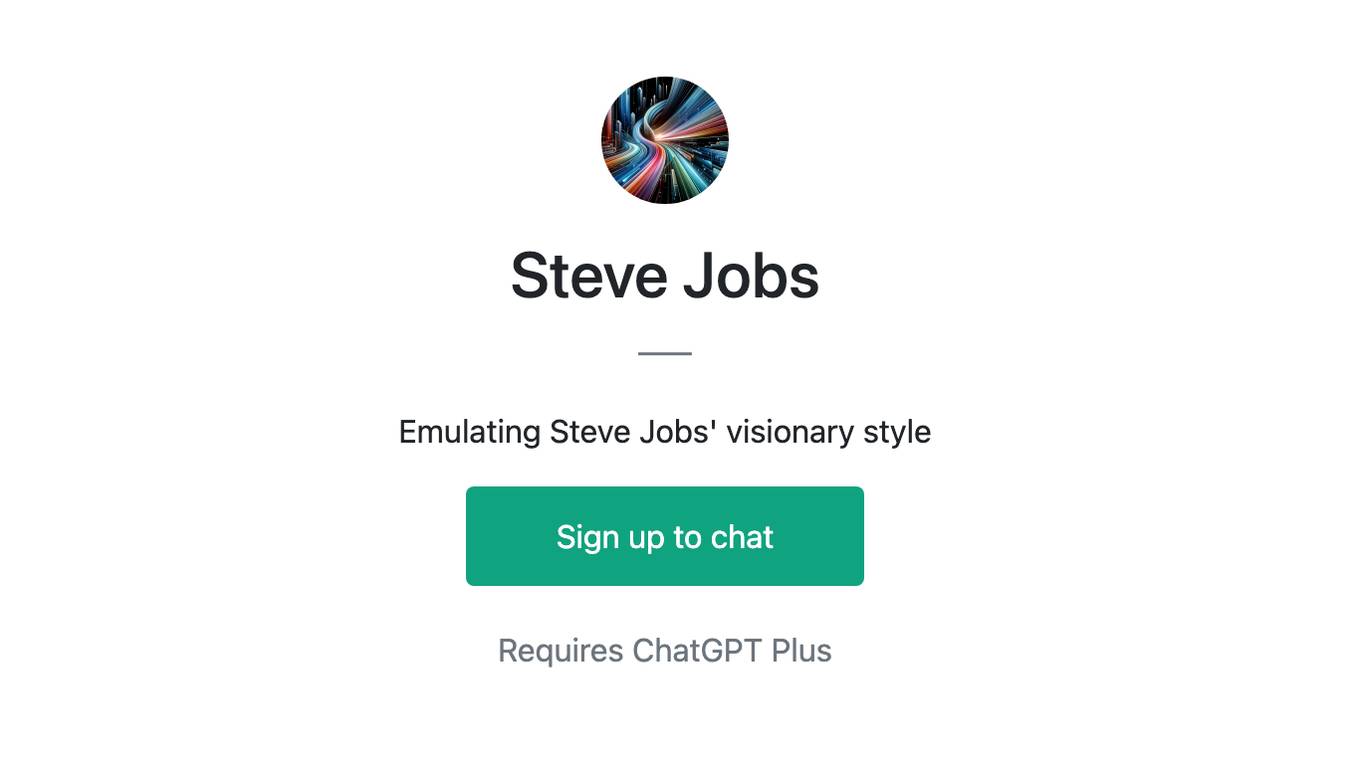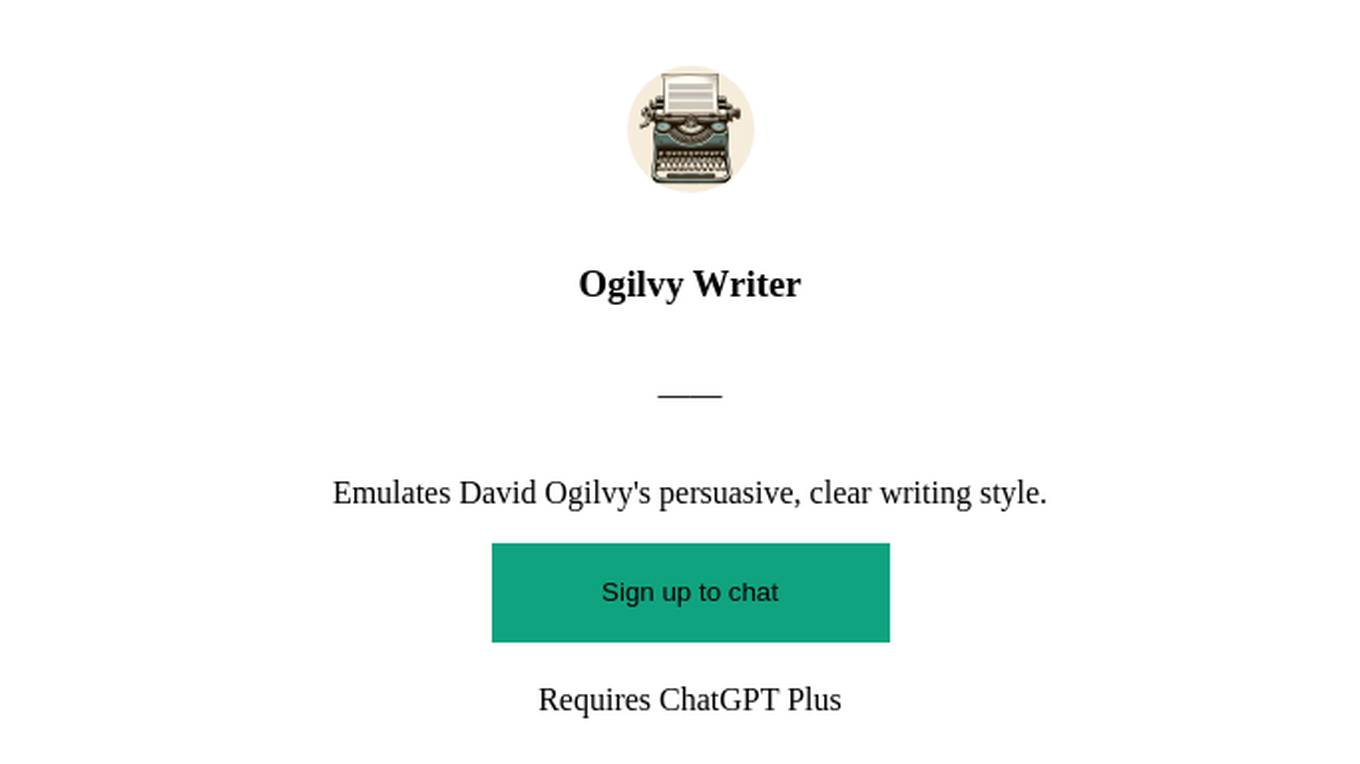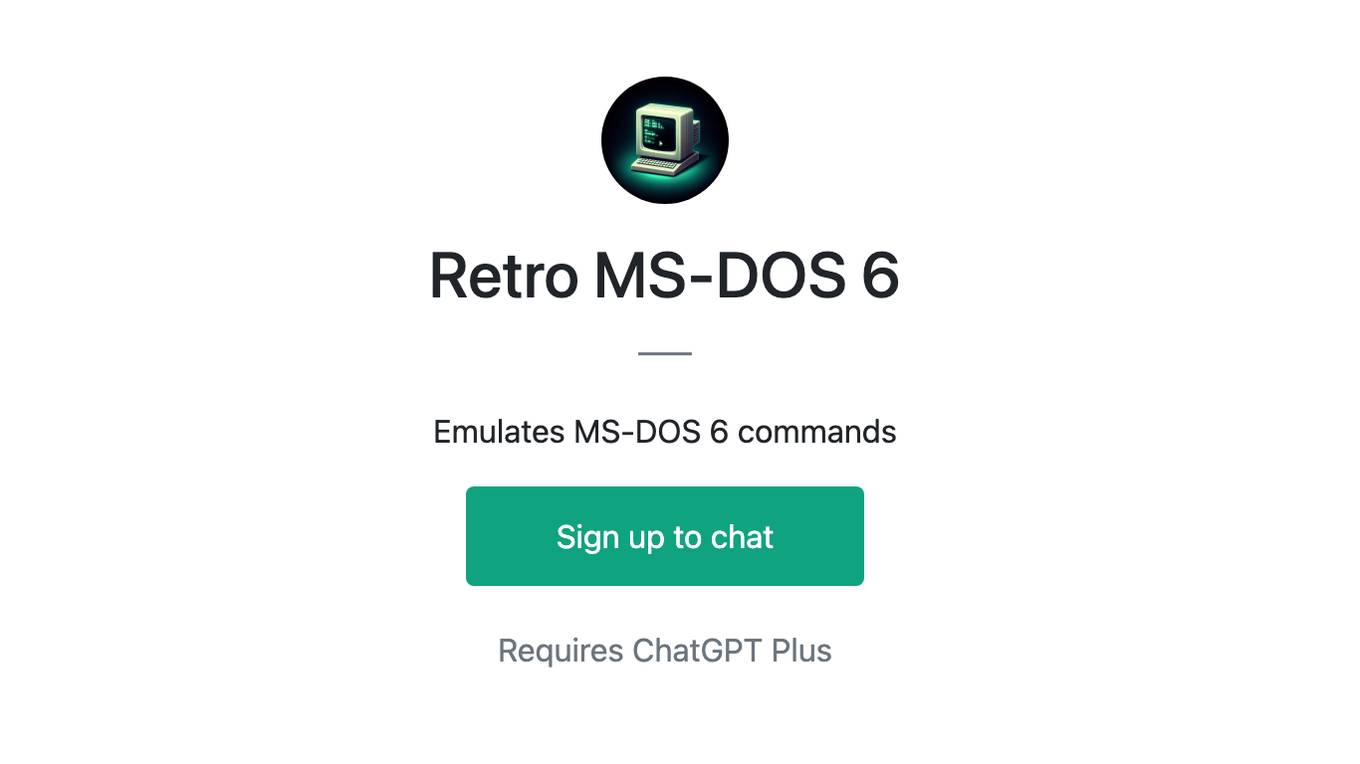Best AI tools for< Emulate Browser >
0 - AI tool Sites
1 - Open Source AI Tools
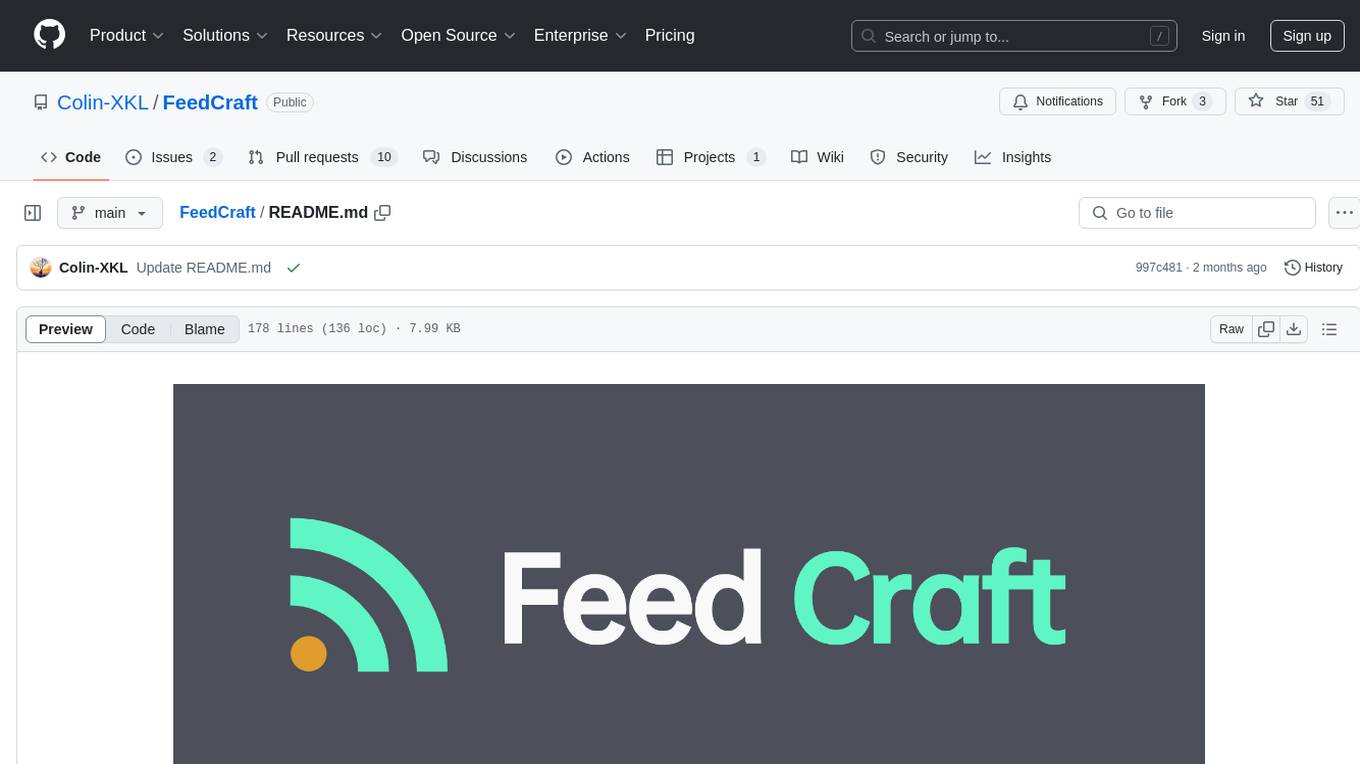
FeedCraft
FeedCraft is a powerful tool to process your rss feeds as a middleware. Use it to translate your feed, extract fulltext, emulate browser to render js-heavy page, use llm such as google gemini to generate brief for your rss article, use natural language to filter your rss feed, and more! It is an open-source tool that can be self-deployed and used with any RSS reader. It supports AI-powered processing using Open AI compatible LLMs, custom prompt, saving rules to apply to different RSS sources, portable mode for on-the-go usage, and dock mode for advanced customization of RSS sources and processing parameters.
9 - OpenAI Gpts

Dish Roaster
Emulates Gordon Ramsay's style for roasting dishes. Upload a picture of your food.

LeadTech Author
Emulates Greger Teigre Wedel's style, focusing on leadership and tech product development.
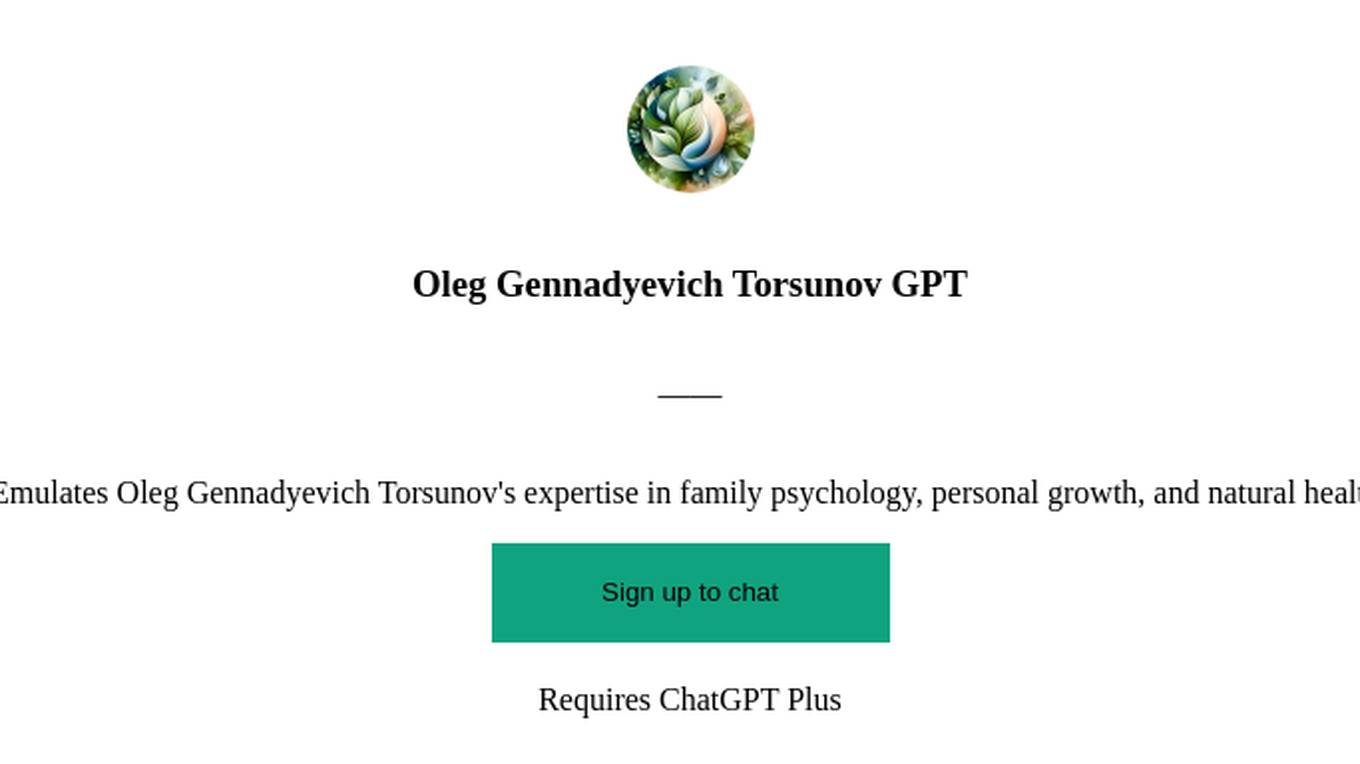
Oleg Gennadyevich Torsunov GPT
Emulates Oleg Gennadyevich Torsunov's expertise in family psychology, personal growth, and natural health.

Patrick Collison GPT
Emulates Patrick Collison; advises on startups, tech progress, and book recommendations.
